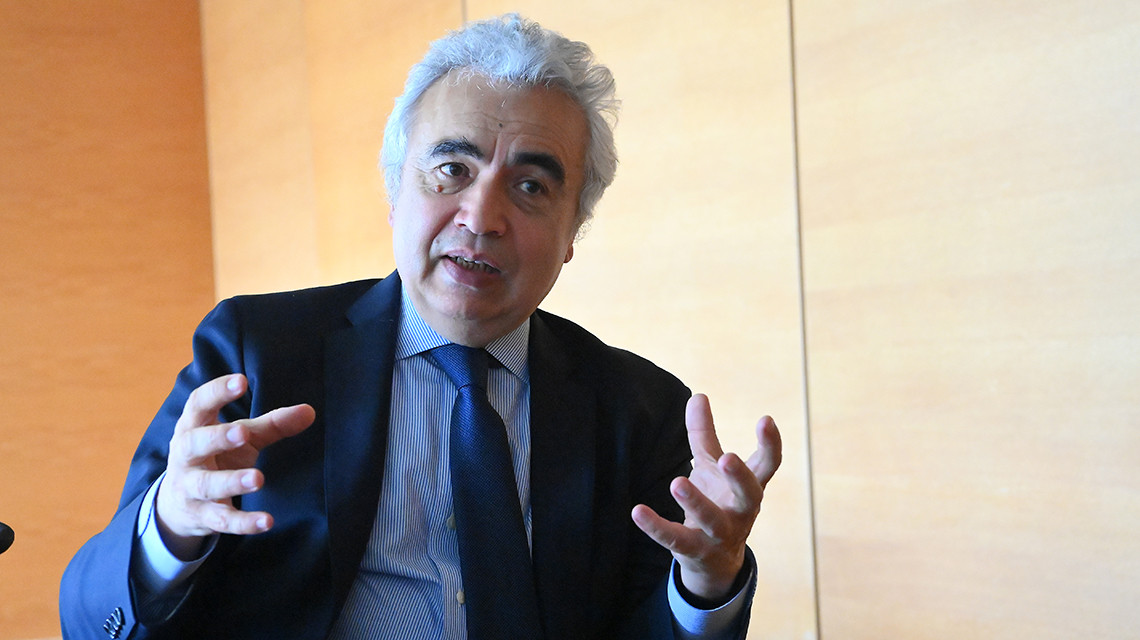Zimbabwean president Emmerson Mnangagwa has announced that the new royalties policy that requires mining companies to pay in cash or refined mining products starts this month, October 2022.
A royalty is the right to compensation that is based on a portion of the minerals or other products produced at a mine or of the income or profits made from the sale of those minerals or other mine products.
President Mnangagwa announced the move last week as the country struggles to benefit from the demand for its resources.
“Starting this October, the government now requires that part of these royalties come as actual refined mining products,” Mnangagwa announced in newspaper reports.
The main minerals found in Zimbabwe include gold, platinum, chrome, coal, diamonds and lithium.
“Two of them are precious; they are gold and diamonds. The other two are high-value minerals, and these are lithium and platinum group of metals, PGMs”, the president added.
The President has instructed Ministries of Finance and Economic Development, and that of Mines and Mining Development” with fine-tuning the policy, “in close consultation with the mining sector and mining concerns affected.”
He also said the new policy would require Zimbabwe’s Reserve Bank to develop a system for demanding and collecting designated minerals, even where these are processed beyond Zimbabwe’s borders.
Even though royalties have been used frequently in the mining sector, there isn’t really a “standard form” of royalty and they all tend to be fairly bespoke depending on the type of underlying asset. However, royalties typically fall under one of four broad categories: production royalties, royalties based on profit, royalties based on net smelter returns, and royalties in kind.












